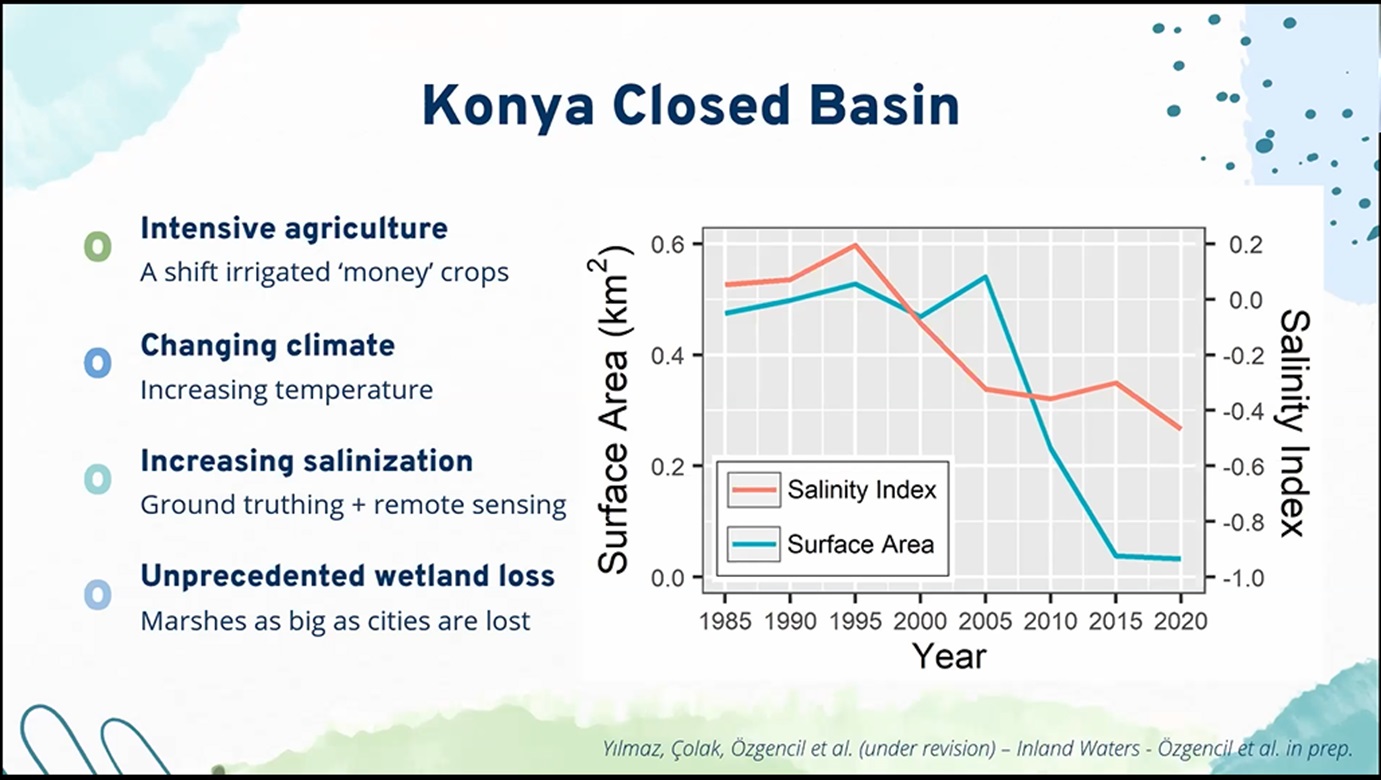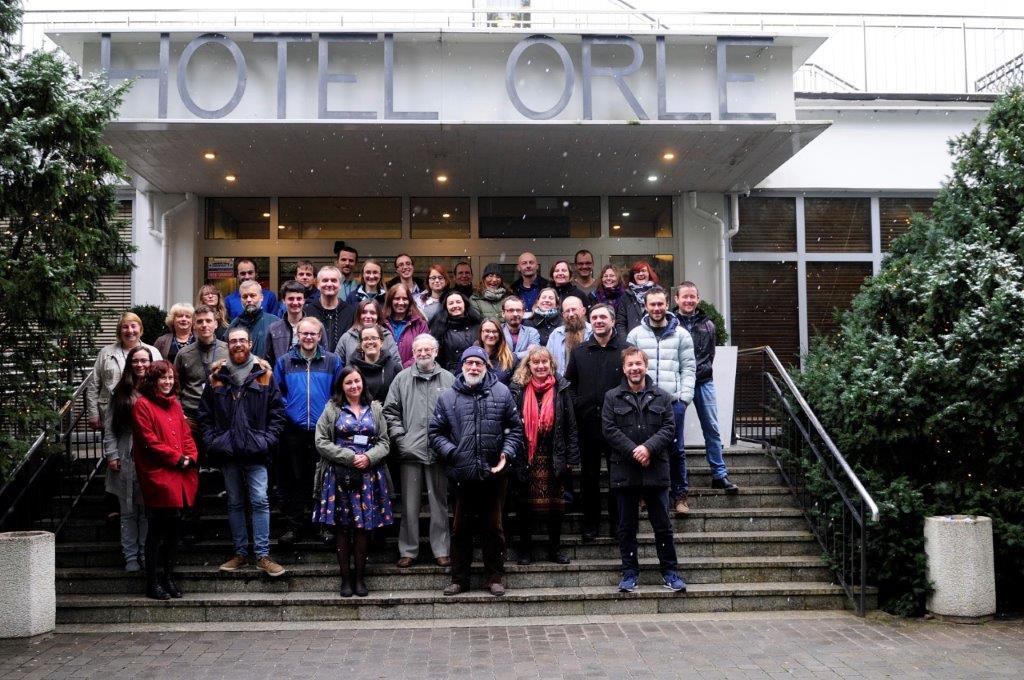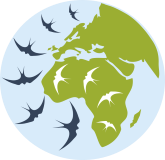Last November the 15th Pan-African Ornithological Congress took place in Victoria Falls, Zimbabwe. It was a much anticipated meeting because it had to be postponed for two years due to the pandemic, and for many of us it was the first in-person congress we had attended for some time.
The 14th EOU Congress 2023 will be hosted by the Department of Biology at Lund University, 21-25 August 2023. The department has long been renowned for its ornithological research, for example on bird migration. The congress venue will be AF-borgen, an old student union building in picturesque downtown Lund. With around 100 000 inhabitants, Lund is very much an academic town dominated by the university which has 46 000 students. Lund is an ancient town that was founded in 1020 and its ancient cathedral, dating from 1085, is situated near the congress venue. Lund is also close to many top birding locations, including the world famous Falsterbo.
Check out the conference website for further details: https://www.eou2023.event.lu.se/start
Following up on the successful MLSG symposia at EOU conferences since 2015, we are ready for another dose of inspiring community-building preceding EOU2022 in Giessen, Germany, on March 12th -13th. The aim of the MLSG is to promote collaborative research to help advance flyway-scale understanding of and conservation actions for migrant landbirds. We believe knowledge-sharing is essential to achieve this. Thus, during our symposium we will actively engage all attendants to partake in a dynamic program of presentations, workshops, and group discussions. We will focus on data sharing and collaboration, new tracking technologies and priorities for migrant landbird research and conservation.
Join us and register here:
https://conference.eounion.org/2022/registration/
In our 3th webinar, Kaan Özgencil (MLSG outreach & social media) talked about functional responses to habitat degradation in waterbirds. Kaan’s work is based at the METU in Ankara, Turkey, and includes the monitoring of breeding waterbirds and conservation aspects in wetlands. In Turkey, many wetland habitats are decreasing due to human induced degradation and climate change, e.g. in the Konya Closed Basin, where agriculture changes from wheat production to sugar beet cultivation, temperatures are rising, salinity is increasing, and lakes are drying earlier in the season. These factors caused a decline in species richness of 20 % and functional richness of 65 % within 20 years.

The webinar was opened by Sandra Goded, MLSG international networker. She is working in Africa assessing the population status of migratory species in different habitats within protected and non-protected areas. She also presented her efforts and success in empowering local people to the monitoring and conservation of birds in Ghana throughout the year.
We are working on developing a broad network between scientists, citizen-scientists, stakeholders, economists and have a specific interest in integrating underrepresented African and European countries. By involving people from all across the flyways we aim to bridge the conservation continuum from local solutions to global solutions and to formulate species action plans. By offering workshops and symposia during ornithological conferences we started to share our knowledge with a broader audience. Now, in these contact free times, we still want to connect globally and so we have set up the opportunity to attend virtual lectures and discussions on current research. Perhaps, you would like some feedback on your own research or to promote a new project? Let us know and we can give you the opportunity to speak up!
MLSG at “Migrant Birds as Indicators of Climate Change” conference, Gdańsk
From Dec 13th – 16th 2018 the Bird Migration Research Station (BMRS) from the University of Gdańsk, together with the Operation Baltic Foundation, hosted the international conference on “Migrant Birds as Indicators of Climate Change”. This event was part of a larger project, “Building an Early Warning System for Biodiversity in the Face of Climate Change”, jointly funded by the National Centre for Research and Development (Poland) and the National Research Foundation (South Africa), within a research cooperation agreement between the two countries. In total 65 participants from Poland, Holland, Denmark, France, Belgium, England and South Africa gathered in Hotel Orle in at Sobieszewo Island’s Baltic coast in southern Gdańsk.

13 - 16 December, Gdansk, Poland
A joint conference of the "Birds as Early Warning Systems" of the Poland–South Africa collaboration project, the Migrant Landbird Study Group, and the Polish Network of Bird Ringing Stations (KSSOP) - more info here
Deadline has been extended to 14 October!
More info and to sign up, see here
Point Blue Conservation Science is seeking one volunteer research assistant to work on Southeast Farallon Island, 30 miles west of San Francisco, California as part of a study examining the migratory movement of parulid warblers.
Insectivorous birds consume an estimated 400-500 million tons of prey annually
The Science of Nature
https://doi.org/10.1007/s00114-018-1571-z
By Martin Nyffeler, Çağan Şekercioğlu & Christopher Whelan
For the first time, the predation impact of the insectivorous birds has been quantified on a global scale based on 103 (for the most part published) studies of prey consumption (kg per ha per season) of insectivorous birds in seven terrestrial biome types (i.e., tropical forests, temperate/boreal forests, tropical grasslands/savannas, temperate grasslands, croplands, deserts, and Arctic tundra).
Page 1 of 2
